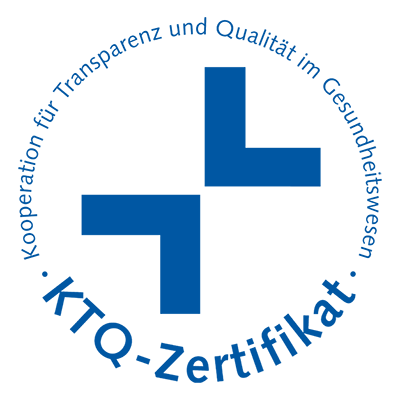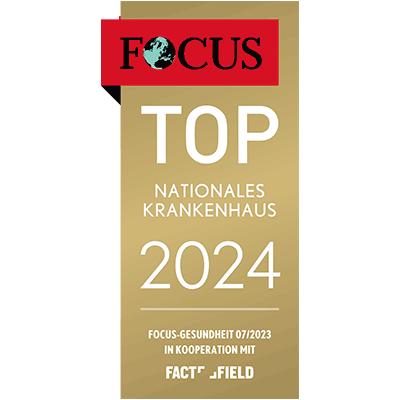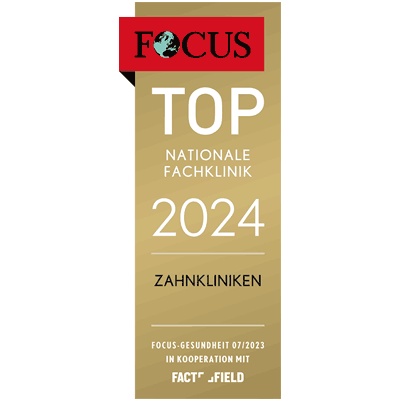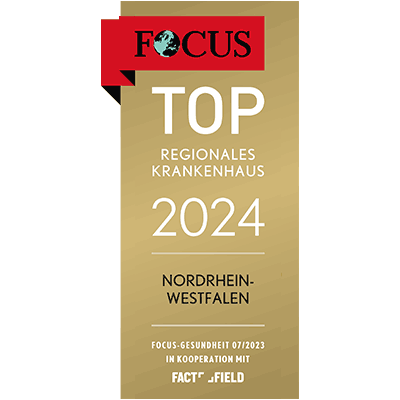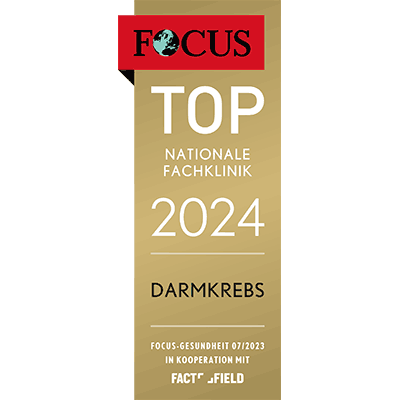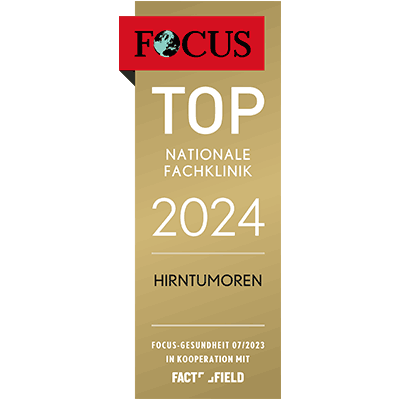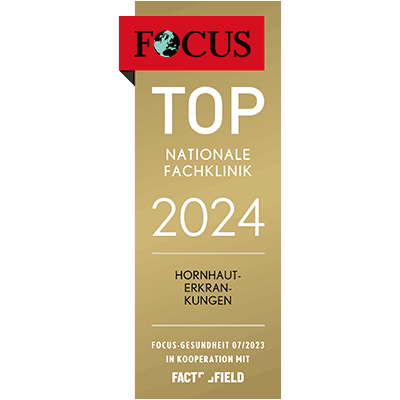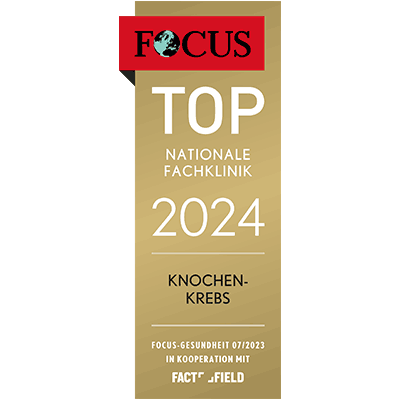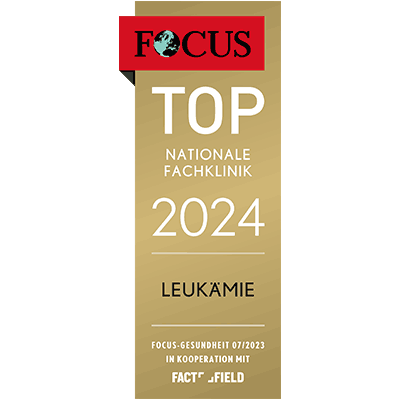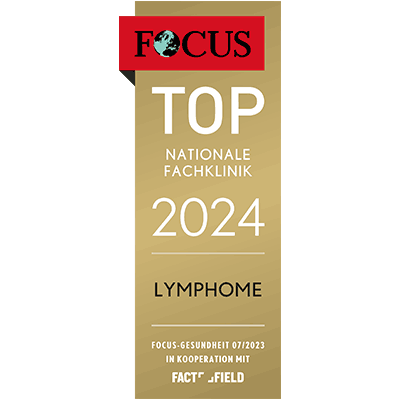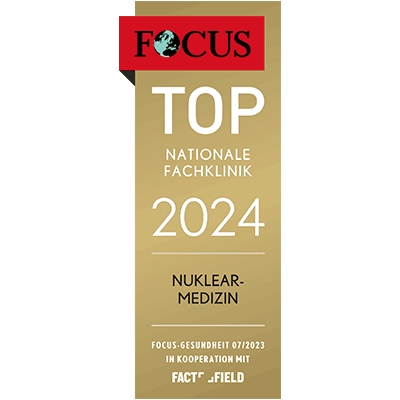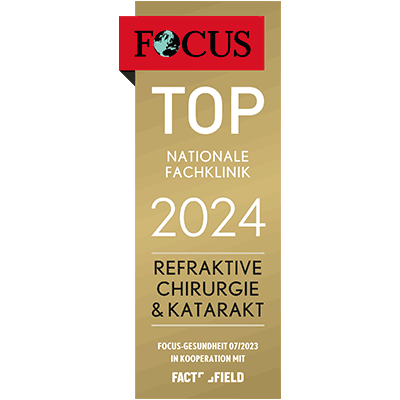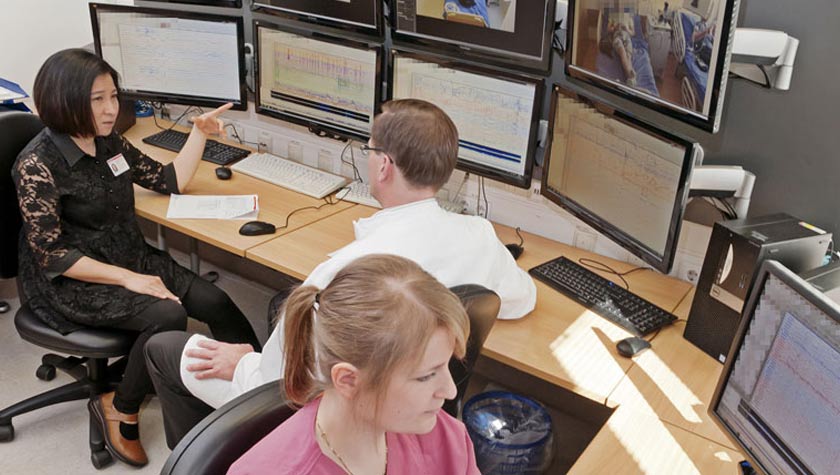
Bewegungsstörungen / Parkinson / THS
Es besteht ein wissenschaftlicher Schwerpunkt im Bereich von objektiver Beschreibung und Quantifizierung von Sprechstörungen / Dysarthrie bei Patienten mit Morbus Parkinson und verwandten extrapyramidalen Bewegungsstörungen mit dem Ziel der Etablierung eines „Biomarkers“ für die Früh- und Differenzialdiagnose von Parkinson-Syndromen, Verlaufskontrolle unter Therapie und auch unter Tiefer Hirnstimulation. Dazu bestehen bei den unterschiedlichen Teilprojekten Kooperationen mit den „Parkinson-Abteilungen“ verschiedenster anderer Kliniken in Deutschland.
In Zusammenarbeit mit der Klinik für Neurochirurgie besteht ein wissenschaftliches Projekt zur präzisen automatisierten Erfassung von Tremor und Hypokinese, das auch intraoperativ zum Monitoring bei THS-Operationen eingesetzt werden soll.
Ein Projekt zur objektiven Erfassung einer phobischen Komponente der Gangstörung bei Morbus Parkinson mittels Posturografie ist in Vorbereitung.
In Zusammenarbeit mit der Klinik für Neurochirurgie besteht ein wissenschaftliches Projekt zur präzisen automatisierten Erfassung von Tremor und Hypokinese, das auch intraoperativ zum Monitoring bei THS-Operationen eingesetzt werden soll.
Ein Projekt zur objektiven Erfassung einer phobischen Komponente der Gangstörung bei Morbus Parkinson mittels Posturografie ist in Vorbereitung.
Weiterführende Informationen:
Publikationsliste / Auszüge Bewegungsstörungen / Parkinson
Eyigoz E, Courson M, Sedeno L, Rogg K, Orozco-Arroyave JR, Nöth E, Skodda S, Trujillo N, Rodriguez M, Rusz J, Munoz E, Cardona JF, Herrera E, Heese e, Ibánez A, Cecchi G, Garcia AM. From discourse to pathology: automatic identification of Parkinson`s disease patients via morphological measures across three languages. Cortex 2020;132: 191 - 205
Moro-Velazquez L, Gomez-Garcia JA, Godino-Llorente JI, Rusz J, Skodda S, Grandas F, Velaquez JM, Orozco-Arrroyave JV, Noth E, Dehak N. Study of the automatic detection of Parkinson`s disease based on speaker recognition technologies and allophonic Distillation. Conf Prof. IEEE Eng Med. Biol Soc. 2018;2018: 1404 - 1407
Parpaley Y, Skodda S. Deep brain stimulation in movement disorders: evidence and therapy standards. Fortschr Neurol Psychiatr. 2017;85: 414 - 431
Coenen VA, Varkuti B, Parpaley Y, Skodda S, Prokop T, Urbach H, Li M, Reinacher PC. Postoperative neuroimaging analysis of DRT deep brain stimulation revision surgery for complicated essential tremor. Acta Neurochir (Wien) 2017;159: 779 - 787
Skodda S, Grönheit W, Lukas C, Bellenberg B, von Hein SM, Hoffmann R, Saft C. Two different phenomena in basic motor speech performance in premanifest Huntington disease. Neurology 2016;[Epub ahead of print]
Orozco-Arroyave JR, Hönig J, Arias-Londono JD, Vargas-Bonilla JF, Dqrouq K, Skodda S, Rusz J, Nöth E. Automatic detection of Parkinson`s disease in running speech spoken in three different languages. J Acoust Soc Am. 2016;139: 481
Orozco-Arroyave J, Belalcazar-Bolanos E, Arias-Londono J, Vargas-Bonilla J, Skodda S, Rusz J, Honig F, Daqrouq K, Noth E. Characterization methods for the detection of Multiple Voice Disorders: Neurological, Functional and Organic Diseases. IEEE J Biomed Health Inform. 2015;19: 1820 - 1828
Rucz J, Saft C, Schlegel U, Hoffmann R, Skodda S. Phonatory dysfunction as a preclinical symptom of Huntington disease. PLoS One 2014;e113412
Skodda S, Schlegel U, Hoffmann R, Saft C. Impaired motor speech performance in Huntington`s disease. J Neurol Transm. 2014;121: 399 - 407
Skodda S, Grönheit W, Schlegel U, Südmeyer M, Schnitzler A, Wojtecki L. Effect of subhalamic stimulation on voice and speech in Parkionson`s disease: for the better or worse? Front Neurol. 2014;4: 218
Skodda S, Schlegel U, Grönheit W, Mancinelli N. Progression of voice and speech impairment in the course of Parkinson`s disease: a longitudinal study. Parkinsons Dis. 2013;2013:389195.doi: 10.155/2013/389195
Skodda S. Effect of deep brain stimulation on speech performance in Parkinson`s disease. Parkinsons Dis. 2012;2012:850596.doi: 10.1155/2012/850596
Schmitz-Hübsch T, Eckert O, Schlegel U, Klockgether T, Skodda S. Instability of syllable repetition in patients with spinocerebellar ataxia and Parkinson`s disease. Mov Disord. 2012;27: 316 - 319
Skodda S, Schlegel U, Südmeyer M, Schnitzler A. Effects of levodopa and deep brain stimulation on motor speech performance in Parkinson`s disease. Basal Ganglia 2012; accepted for publication
Skodda S, Grönheit W, Schlegel U. Impairment of vowel articulation as a possible marker of disease progression in Parkinson`s disease. PLoS ONE 2012;7:e32132
Flasskamp A, Kotz SA, Schlegel U, Skodda S. Acceleration of syllable repetition in Parkinson`s disease is more prominent in the left-side dominant patients. Parkinsonism Relat Disord. 2012;18: 343 - 347
Eyigoz E, Courson M, Sedeno L, Rogg K, Orozco-Arroyave JR, Nöth E, Skodda S, Trujillo N, Rodriguez M, Rusz J, Munoz E, Cardona JF, Herrera E, Heese e, Ibánez A, Cecchi G, Garcia AM. From discourse to pathology: automatic identification of Parkinson`s disease patients via morphological measures across three languages. Cortex 2020;132: 191 - 205
Moro-Velazquez L, Gomez-Garcia JA, Godino-Llorente JI, Rusz J, Skodda S, Grandas F, Velaquez JM, Orozco-Arrroyave JV, Noth E, Dehak N. Study of the automatic detection of Parkinson`s disease based on speaker recognition technologies and allophonic Distillation. Conf Prof. IEEE Eng Med. Biol Soc. 2018;2018: 1404 - 1407
Parpaley Y, Skodda S. Deep brain stimulation in movement disorders: evidence and therapy standards. Fortschr Neurol Psychiatr. 2017;85: 414 - 431
Coenen VA, Varkuti B, Parpaley Y, Skodda S, Prokop T, Urbach H, Li M, Reinacher PC. Postoperative neuroimaging analysis of DRT deep brain stimulation revision surgery for complicated essential tremor. Acta Neurochir (Wien) 2017;159: 779 - 787
Skodda S, Grönheit W, Lukas C, Bellenberg B, von Hein SM, Hoffmann R, Saft C. Two different phenomena in basic motor speech performance in premanifest Huntington disease. Neurology 2016;[Epub ahead of print]
Orozco-Arroyave JR, Hönig J, Arias-Londono JD, Vargas-Bonilla JF, Dqrouq K, Skodda S, Rusz J, Nöth E. Automatic detection of Parkinson`s disease in running speech spoken in three different languages. J Acoust Soc Am. 2016;139: 481
Orozco-Arroyave J, Belalcazar-Bolanos E, Arias-Londono J, Vargas-Bonilla J, Skodda S, Rusz J, Honig F, Daqrouq K, Noth E. Characterization methods for the detection of Multiple Voice Disorders: Neurological, Functional and Organic Diseases. IEEE J Biomed Health Inform. 2015;19: 1820 - 1828
Rucz J, Saft C, Schlegel U, Hoffmann R, Skodda S. Phonatory dysfunction as a preclinical symptom of Huntington disease. PLoS One 2014;e113412
Skodda S, Schlegel U, Hoffmann R, Saft C. Impaired motor speech performance in Huntington`s disease. J Neurol Transm. 2014;121: 399 - 407
Skodda S, Grönheit W, Schlegel U, Südmeyer M, Schnitzler A, Wojtecki L. Effect of subhalamic stimulation on voice and speech in Parkionson`s disease: for the better or worse? Front Neurol. 2014;4: 218
Skodda S, Schlegel U, Grönheit W, Mancinelli N. Progression of voice and speech impairment in the course of Parkinson`s disease: a longitudinal study. Parkinsons Dis. 2013;2013:389195.doi: 10.155/2013/389195
Skodda S. Effect of deep brain stimulation on speech performance in Parkinson`s disease. Parkinsons Dis. 2012;2012:850596.doi: 10.1155/2012/850596
Schmitz-Hübsch T, Eckert O, Schlegel U, Klockgether T, Skodda S. Instability of syllable repetition in patients with spinocerebellar ataxia and Parkinson`s disease. Mov Disord. 2012;27: 316 - 319
Skodda S, Schlegel U, Südmeyer M, Schnitzler A. Effects of levodopa and deep brain stimulation on motor speech performance in Parkinson`s disease. Basal Ganglia 2012; accepted for publication
Skodda S, Grönheit W, Schlegel U. Impairment of vowel articulation as a possible marker of disease progression in Parkinson`s disease. PLoS ONE 2012;7:e32132
Flasskamp A, Kotz SA, Schlegel U, Skodda S. Acceleration of syllable repetition in Parkinson`s disease is more prominent in the left-side dominant patients. Parkinsonism Relat Disord. 2012;18: 343 - 347


